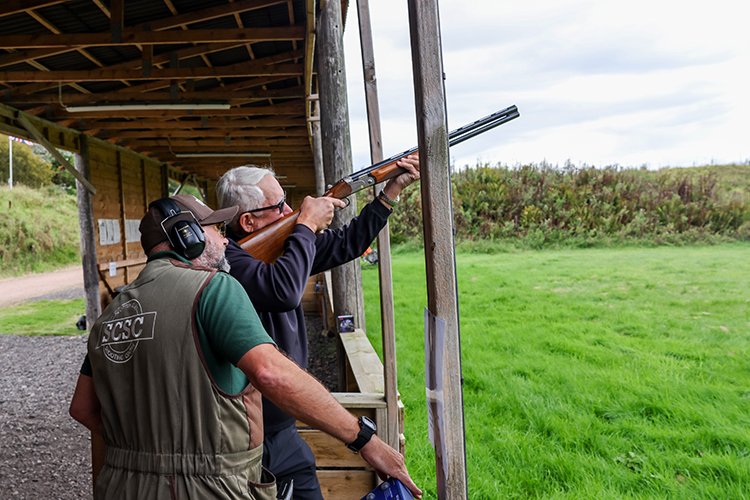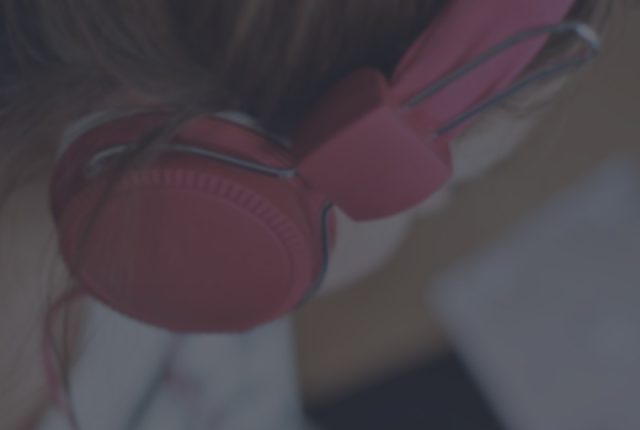
The dangers of firearms on hearing
The use of firearms while hunting may seem risk-free to many: “Yes, I use a weapon but… I only shoot a few times in the fall, I’m outside, I don’t use a large caliber… “.
“If I put on earplugs, I won’t hear the sounds of the forest and the animals.”.
Unfortunately, all these excuses are not valid. Indeed, limiting the use of firearms is very important and wearing appropriate hearing protection is essential to protect our ears. But why?
- Firearms produce impact noises which are much more dangerous than several continuous noises in our environment. The sound intensity of weapons easily exceeds 120 dB and can go up to more than 160 dB depending on the caliber used. A few seconds of exposure at 120 dB are enough to cause permanent hearing damage.
- Hunting can be practiced in groups and the risk of accidents related to loud noise (acoustic trauma) is then more present. For example, a friend shoots nearby without warning us and we happen to not be using hearing protection.
- Hearing protection is essential, but has its limits: wearing earplugs or earmuffs will provide essential hearing protection, but does not protect the ears 100%. Attenuation (level of protection provided) can vary between 15 to 35 dB depending on the equipment used. For example, if a weapon produces a sound of 150 dB and the attenuation level of the hearing protection used is 30 dB, the hunter is still exposed to a noise level of 120 dB and is still at risk of hearing damage.
Thus, a single gunshot even with hearing protection can cause permanent hearing loss and the appearance of tinnitus. Once the damage is done, there is no turning back for the inner ear.
A few tips:
-
During shooting practice:
- It is preferable to choose an outdoor shooting center since the noise level is even greater indoors due to the reverberation of sound on the walls (rebound).
- Use double protection: earplugs under noise-cancelling earmuffs.
-
When hunting:
- Remind our friends of the importance of not causing hearing accidents to ourselves and others.
- Wear appropriate hearing protection at all times. Shells with impact noise reducers exist, especially for hunting.
If you have any doubts about your hearing health, quickly consult an audiologist for an auditory assessment.
BY Marilène Roy, Audiologist at Polyclinique de l’Oreille





